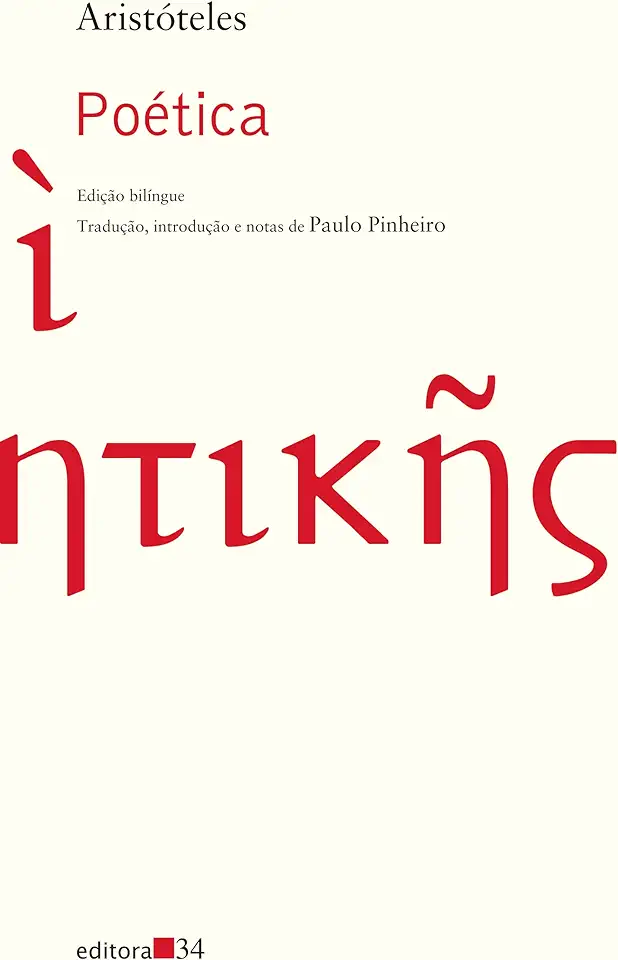
Poetics - Aristotle
Poetics by Aristotle: A Timeless Exploration of Literature and Art
Aristotle's Poetics, a seminal work of literary criticism, stands as a testament to the enduring power of art and literature. Written over two thousand years ago, this treatise on the nature of poetry, tragedy, and comedy remains as relevant and insightful today as it was in ancient Greece. Aristotle's profound understanding of human nature and his keen observations on the elements of effective storytelling have made Poetics a cornerstone of literary theory and criticism.
Unveiling the Essence of Poetry
Aristotle begins his exploration by defining poetry as "an imitation of life." He argues that poetry, in its various forms, seeks to mirror human experience, capturing the essence of life's joys, sorrows, triumphs, and tribulations. Through vivid imagery, evocative language, and skillful storytelling, poets transport us to different worlds, allowing us to experience a wide range of emotions and perspectives.
The Catharsis of Tragedy
Aristotle delves into the realm of tragedy, analyzing its components and its profound impact on the human psyche. He posits that tragedy, through its depiction of suffering and misfortune, evokes a sense of pity and fear in the audience. This emotional response, known as catharsis, purges these emotions, leaving the audience feeling cleansed and uplifted. Aristotle's insights into the cathartic power of tragedy have influenced countless playwrights and filmmakers throughout history.
The Humor of Comedy
In contrast to tragedy, Aristotle examines the nature of comedy, highlighting its ability to evoke laughter and amusement. He argues that comedy arises from the depiction of human folly and imperfections, often through the use of humor, satire, and irony. By exposing our own flaws and shortcomings, comedy provides a lighthearted critique of society and human nature, leaving us with a sense of amusement and self-awareness.
The Elements of Effective Storytelling
Aristotle identifies six essential elements of effective storytelling: plot, character, thought, diction, melody, and spectacle. He emphasizes the importance of a well-structured plot that builds tension and suspense, compelling characters that drive the narrative, and language that is both beautiful and meaningful. Aristotle's analysis of these elements provides a framework for writers and artists to craft compelling and engaging works of art.
A Legacy of Influence
Poetics has had a profound impact on Western literature and art, shaping the development of drama, poetry, and narrative fiction. Its influence can be seen in the works of literary giants such as Shakespeare, Dante, and Goethe, as well as in contemporary films, television shows, and other forms of storytelling. Aristotle's insights into the nature of art and literature continue to inspire and guide creative minds, ensuring the enduring relevance of Poetics for generations to come.
Why You Should Read Poetics
If you are passionate about literature, art, or storytelling, Poetics is a must-read. Aristotle's timeless insights into the nature of poetry, tragedy, and comedy will deepen your understanding and appreciation of these art forms. Whether you are a writer, a student, or simply a lover of literature, Poetics offers a wealth of knowledge and inspiration that will enrich your intellectual journey.
Join the ranks of countless readers who have been captivated by Aristotle's Poetics and discover the enduring power of art and literature. Immerse yourself in the wisdom of this ancient philosopher and unlock a new level of understanding and enjoyment of the written word.